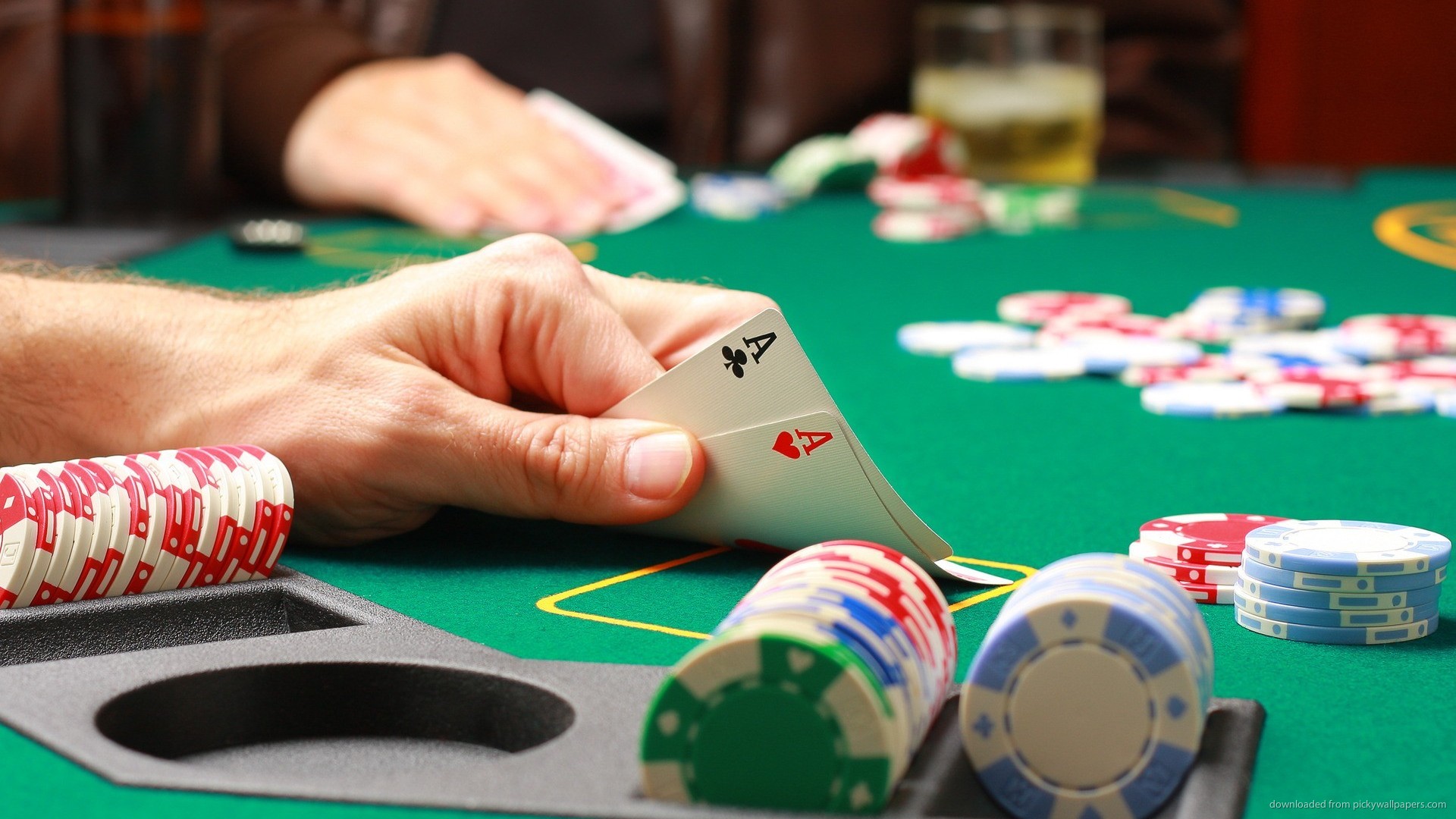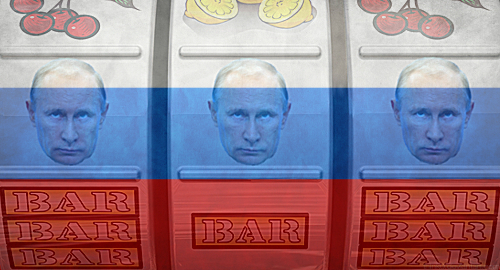New York got its second online poker bill in as many weeks, although it remains to be seen if the will exists to push the measures over the top in 2017.
On Tuesday, Assemblyman Gary Pretlow (pictured) filed A5250, which would “allow certain interactive poker games to be considered games of skill rather than games of luck,” thereby sidestepping the state constitution’s restrictions on gambling expansion.
Pretlow’s bill is identical to the S03898 bill filed in the state senate last week by Sen. John Bonacic, who chairs the Senate’s Racing, Gaming and Wagering Committee. Each bill would allow for 11 online poker licensees, with upfront license fees of $10m apiece that would be credited against future tax obligations of 15% of gross gaming revenue.
Both Bonacic and Pretlow filed online poker bills in the previous legislative session, and Bonacic’s measure cleared a floor vote with ease, garnering 53 votes in favor versus just five votes opposed. But the bill ultimately died of neglect, primarily due to Pretlow’s belief that there wasn’t enough support in the Assembly to bother bringing his own online poker bill up for debate.











